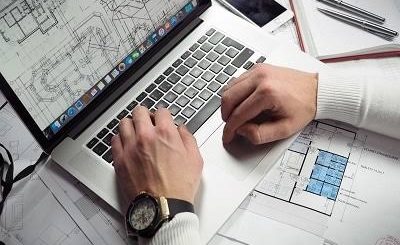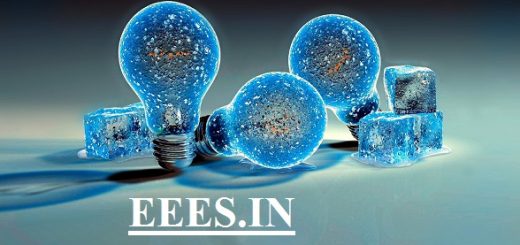Soldering and De-soldering Practice
SOLDERING & DESOLDERING PRACTICE
AIM:
To practice soldering of electronic components and de-soldering.
MATERIALS AND TOOLS REQUIRED:
Solder, flux, knife/blade, soldering iron, desoldering pump and nose pliers.
THEORY:
Soldering is the process of joining two or more similar or dissimilar metals by melting another metal having low melting point.
Solder: Solder is used for joining two or more metals at temperatures below their melting point. The popularly used solders are the alloys of tin (60%) and lead (40%) that melts at 375°F and solidifies when it cools. Most of the solder wires are flux cored type. When such solder wires are used extra soldering flux is not required.
Soldering tools Soldering iron: It is the tool used to melt the solder and apply at the joints in the circuit. It operates in 230 V mains supply. The normal power ratings of the soldering iron are 10 W, 25 W, 65 W, and 125 W. The iron bit at the tip of it gets heated up within a few minutes. 10 W and 25 W soldering irons are sufficient for light duty works.
Desoldering: It is the removal of solder from a previously soldered joint. Desolder pump is a commonly used device for this purpose. When the solder melts by the action of the soldering iron, a trigger on the desolder pump should be activated to create a vacuum. This vacuum pulls the solder into the tube.
Rules of soldering:
- Select the proper soldering iron for the work.
- Tin the bit before soldering.
- Keep the tinned bit always cleans from oxide formed while soldering.
- Do not overheat the PCB and devices.
- Do not use excess solder or flux.
- Clean the surfaces of the leads to be joined using a blade.
PROCEDURE
- Plug in the chord of soldering iron into the mains supply to get it heated up.
- Clean the component leads using a blade or a knife and bends them according to the needs. Apply a little flux on the leads. Take a little solder on soldering iron and apply the molten solder on the leads. Care must be taken to avoid the components getting heated up.
- Mount the components on the PCB, apply flux on the joints and solder the joints. Soldering must be done in minimum time to avoid dry-soldering and heating up of the components.
- Wash the residues using water and brush.
- Practice desoldering a soldered circuit, using soldering iron and the desolder pump.
RESULT
Soldering and desoldering was performed on dot-type PCB.



Recent Comments